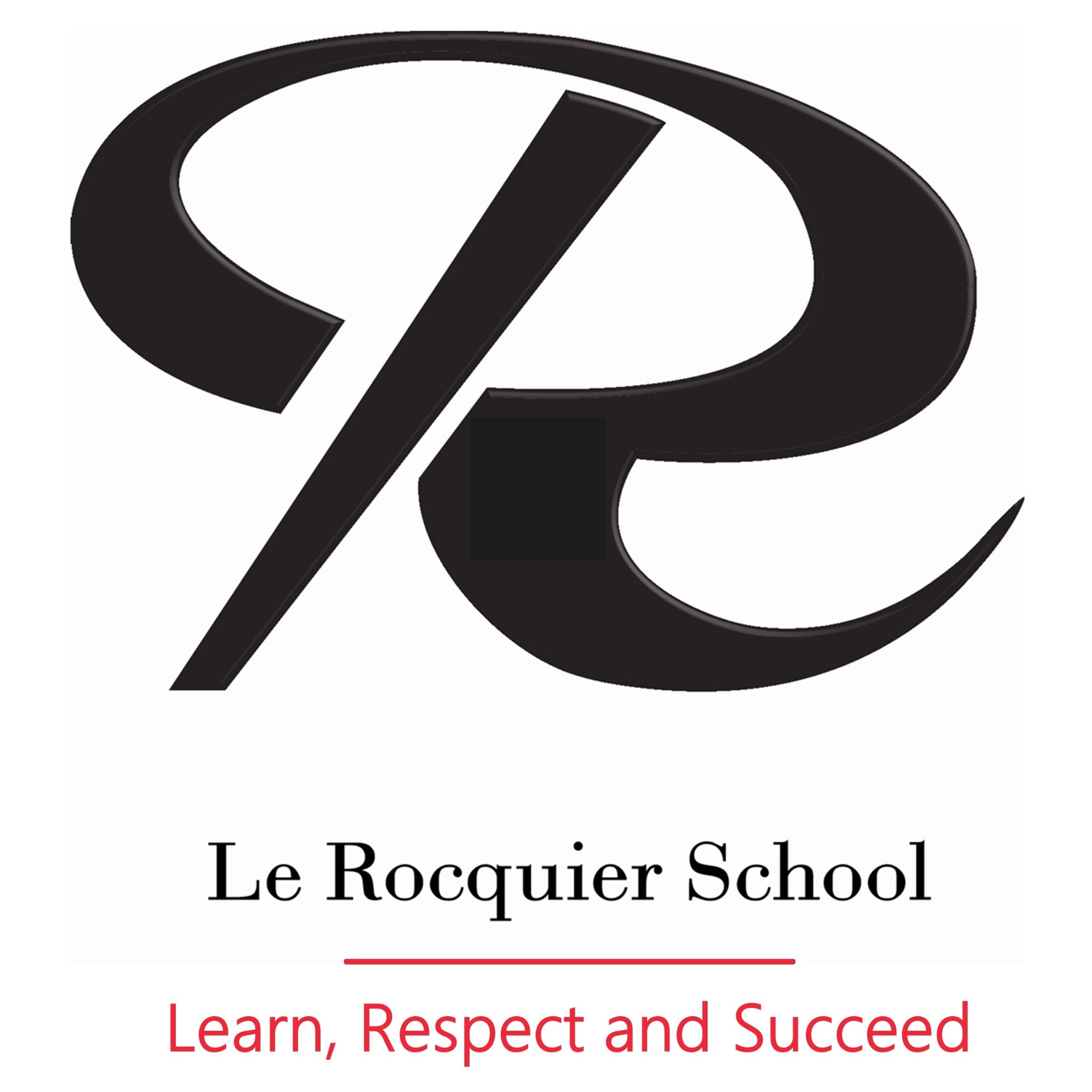History
Our Curriculum
In Years 7-8 students study British History from 1066 up to WWI, using both a chronological and thematic approach. In Year 9, students are taught a larger, world view of events from 1914 to 1991, which provides strong foundational knowledge for those that want to continue to GCSE, and a wider understanding of the modern world, conflicts and international relations for those that do not. Throughout KS3 we build upon prior learning from KS2, encouraging students to develop increasingly complex skills while revisiting familiar concepts at a deeper level. As students progress, they are introduced to advanced skills and concepts, equipping them with the tools to analyse and understand it critically.
Our curriculum fosters an understanding of historiography, encouraging students to use key historical terminology confidently, replacing everyday language with more precise and respectful language in discussions. We prioritize the development of students’ ability to engage in thoughtful, respectful discourse, both written and verbal, around the many difficult and divisive topics that encompass History, emphasising the importance of varied viewpoints, respecting the counter arguments and understanding how their studies can inspire and inform their role in a rapidly changing world.
At KS4 we aim to hone skills such as resourcefulness, exam question interpretation, critical analysis and employment of sources, independent research, evaluation, and drawing comparisons so that students leave us with the ability to engage with more complex academic challenges in the future.
How we assess students in Key Stage 3
Students are assessed on a regular basis (at least once per half term) using GCSE-style exam questions. Student performance and progress in these assessment questions is tracked across KS3 using skills progress grids that can be found on the back of student work booklets. As we see students displaying an ability in various skills, these are highlighted on the grid which then informs our judgement on a students’ ability in our subject; foundation, developing, secure or excelling.
Each assessment question at Key Stage 3 is marked, returned to students to make improvements and corrections, and checked again by the class teacher to ensure that the feedback provided has had an impact on student progress.
See the History Assessment Criteria below.
How we support your child to succeed and where they can access help
In Key Stage 3:
If students require further subject knowledge for homework tasks or upcoming assessments, the following website is very useful:
https://www.bbc.co.uk/bitesize/subjects/zk26n39
Students can also ask their class teacher for more support or guidance at any time; we are always happy to do what we can to help and provide support for our students.
The best way for you to support a student at home is to encourage open and respectful dialogue around matters of history; we respect and value multiple different worldviews and opinions equally, trying to view major historical events from multiple lenses, and aim to educate our students to do the same. Find a relevant topic on the website above or an area of history you enjoy, read through it with your child and then discuss it. Watch documentaries on the topic together and discuss opinions on events – why did they happen? What were the consequences? Encourage looking at multiple viewpoints and through the eyes of all participants of an event.
In Key Stage 4:
Students are provided with all the resources they need for the GCSE by their class teacher. However, here are a few resources which might help further support students with their homework and revision:
Past exam papers and mark schemes from our exam board can be found here:
Students can have a read of the mark scheme for a specific question to familiarise themselves with what an examiner would be looking for. They can then attempt a much more informed answer to the question, practising and developing their exam skills. Your child’s class teacher will be happy to mark and provide feedback on any extra exam questions that are completed at home.
The exam board-verified revision guide can be purchased here:
Again, students should speak with their class teacher in the first instance that they have any questions or a need for more support.
If you have any further questions, please contact either your child’s teacher, or Head of History Mr M Morris: m.morris@lrs.sch.je
